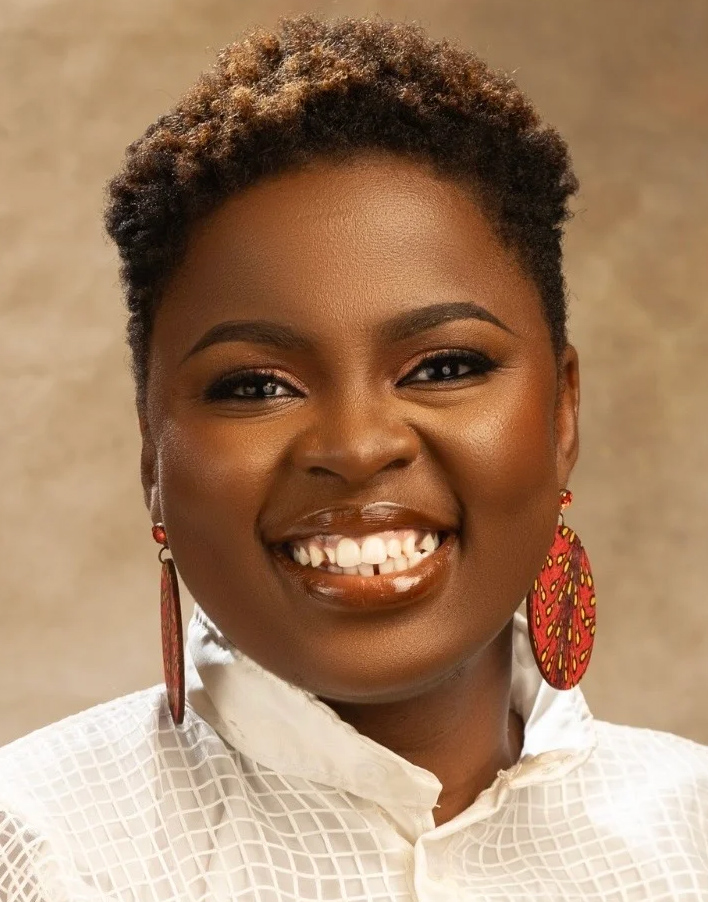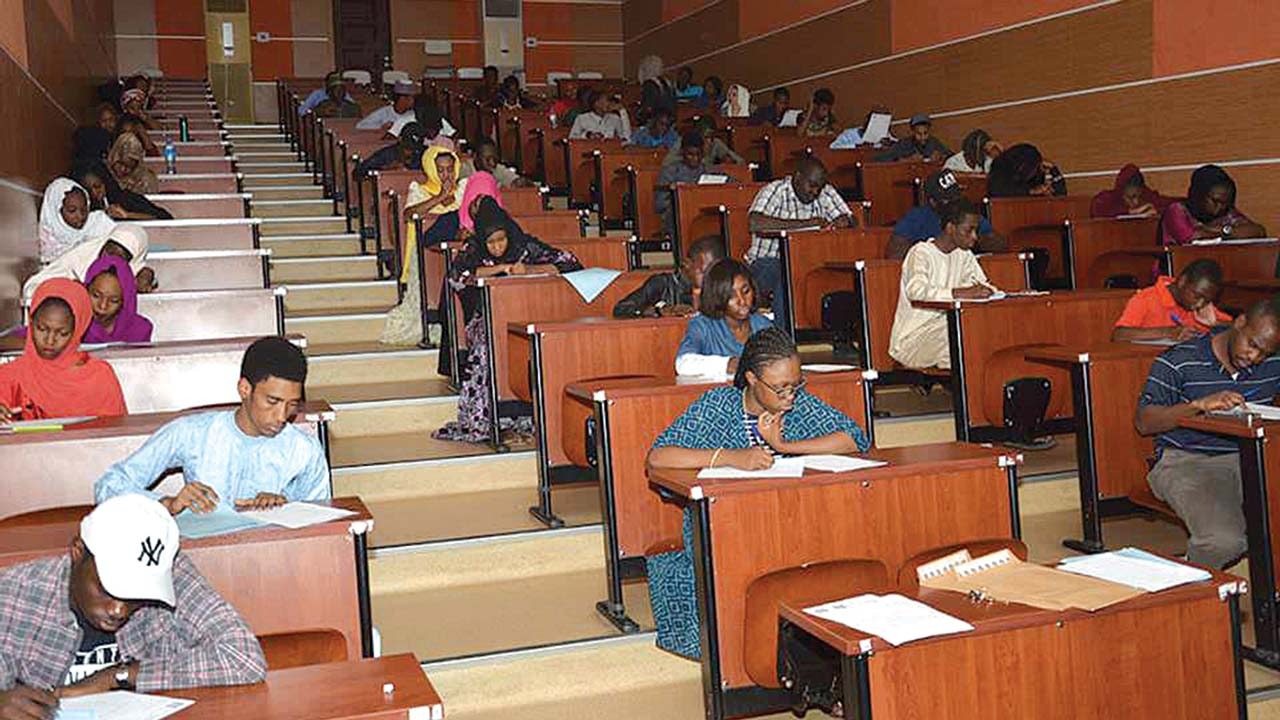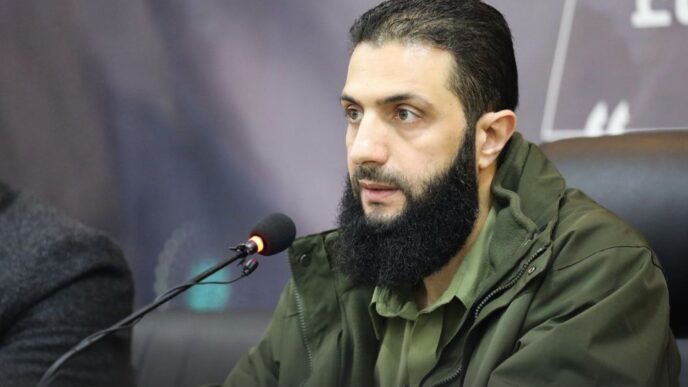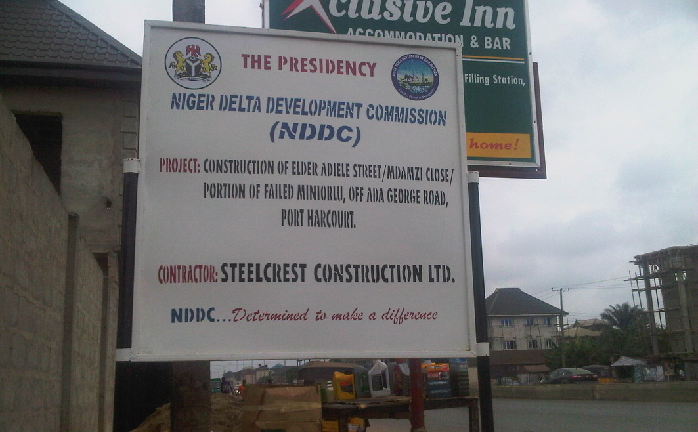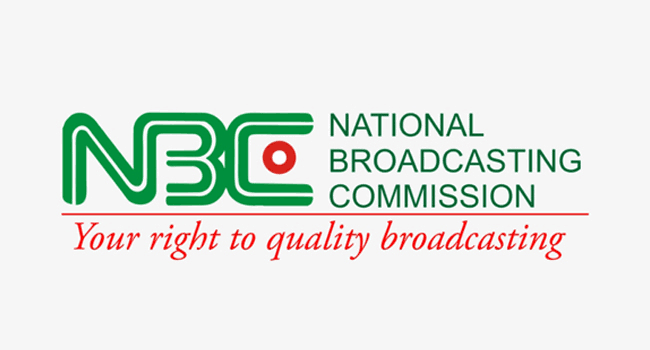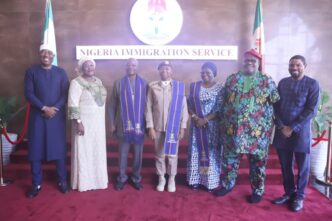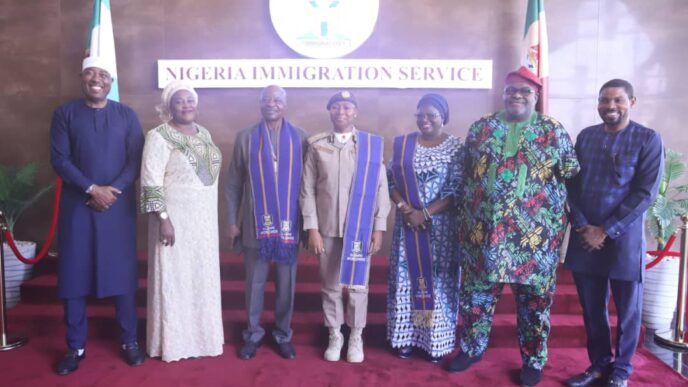Students
Some weeks ago, Tunji Alausa, the new minister for education in Nigeria, made a commendable move by reversing the directive to impose an 18-year age limit for university admission—a policy proposed by the former minister.
In an open letter to the previous minister, I explained why such a policy, if implemented, would have been highly detrimental to the nation. I highlighted three key ways it would harm the potential of young people, particularly women, who already face significant educational barriers. Beyond that, it could have caused an avoidable socioeconomic crisis for the country. So, it was both a relief and a positive sign to see Minister Alausa address this issue so promptly. But this situation also points to a much larger concern: policymaking in Nigeria needs to be re-examined.
A key element of good policy-making is engaging with stakeholders and consulting them. This becomes even more critical in areas like education, where decisions affect millions of lives at once. Unfortunately, reports about the original 18-year admission directive show that little effort was made to engage with stakeholders. Instead, the former minister issued the directive, saying:
“JAMB is hereby instructed from admission this year to admit only eligible students. That is, those who have attained 18 years by our laws.”
Advertisement
That announcement was reportedly met by grumbling from the stakeholders in the meeting. Some journalists noted that the session became rowdy after the declaration. The implications of this approach are deeply troubling. Education is a social process, deeply tied to the context of the society it serves. It functions as a mechanism for societal progress and, as such, is a shared public responsibility. This means that decisions about education must involve the very public whose lives they will impact.
That meeting where the former minister announced the 18-year admission limit was, in fact, a policy meeting attended by many of Nigeria’s top higher education stakeholders, including vice-chancellors and university staff. These are the very individuals meant to act as representatives of the public, guiding the Ministry of Education on critical decisions and policy directions.
Yet, instead of engaging them in meaningful dialogue, they were simply presented with the “new directive.” Their only recourse was to “grumble” their way into getting the minister to make a minor adjustment—delaying the implementation of the 18-year admission limit from the 2024 admission cycle to 2025. Fast forward to today: a new minister is in place, and just like that, the directive is gone entirely!
Advertisement
This abrupt shift highlights a deeper issue: education policy in Nigeria is far too influenced by political dynamics.
Today, the state of education in Nigeria often reflects the priorities of whoever is in power. Decisions that affect millions of lives can hinge on the preferences of one individual or a small circle of people. Rather than being a tool for national development, education is sometimes used to advance political agendas or consolidate power.
Look at how education funding changes with different governments for example. Budget allocations can swing dramatically depending on the ruling party’s priorities, showing inconsistent commitment to the sector. For instance, in 2019, the education budgetary allocation was reviewed from 3% to 10% in the same year simply because of a change in the political administration of the state.
Other times, promising initiatives are frequently abandoned if they don’t align with the current administration’s agenda or if they were introduced by a rival political faction. This wastes resources and slows progress in a sector that should be driving national growth.
Advertisement
But it hasn’t always been this way. There was a time when decision-making in Nigerian education involved more public participation than it currently does. The 1969 National Curriculum Conference is a prime example. That conference brought together voices from all parts of Nigerian society—academics, local governments, ministries, trade unions, publishers, teachers’ associations, professionals like doctors and lawyers, youth groups, religious organisations, and representatives from all 12 states at the time. Together, they shaped the foundation of Nigeria’s philosophy of education in a way that was relatively more inclusive and collaborative.
Now, compare that to today’s approach, where public input is almost absent, and education policies are often made in political isolation. The shift away from public involvement in decision-making is a serious concern.
It is time we address critical questions about the future of education in Nigeria: can education policy in Nigeria rise above political influence and bring more public participation into the process to truly serve the nation? Or will it remain a tool for those in power to shape the country’s path according to their interests?
These are questions we must urgently confront.
Advertisement
Oluwatoyin is a STEM education doctoral researcher, social impact founder and education policy advocate. She can be reached at [email protected]
Advertisement
Views expressed by contributors are strictly personal and not of TheCable.
Add a comment
